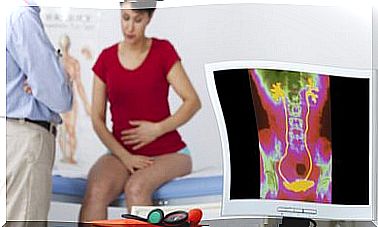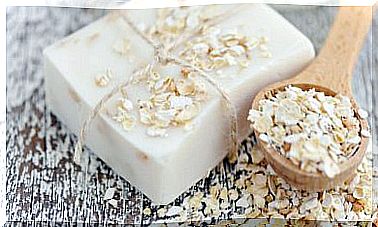What To Do After A Sleepless Night?
Insomnia is a problem that many people live with. But we should not underestimate it, since it not only affects mood and energy, but also health, job performance and quality of life. Its causes are varied: worries, stress, medications or depression, among others.
The hours of dream that each needs vary from person to person. Most adults need 7 to 8 hours of sleep per night. In Spain, according to data from the Spanish Society of Neurology, between 10 and 15% of the adult population suffers from chronic insomnia, while transitory insomnia affects 25-35%.
So if you had a bad night’s sleep, you may feel tired and weak. We offer you different guidelines to regain energy and minimize the effects of a sleepless night.
Get up when the alarm goes off

Let’s imagine a bad night, in which we have woken up many times and we have not been able to sleep well. We feel shattered when the alarm clock rings. It is normal that the body asks us for extra time and we want to stay a little longer in bed, but, even so, it is preferable to get up.
Lazing around or scratching for a couple more hours a day after a turbulent night and It’s one of the worst mistakes that can be committed after a sleepless night. Why?
D Ormir until later than usual affects your internal clock. The body tends to get used to schedules. Therefore, he will notice any changes you make. Therefore, generally, the later we get up, the later we go to bed and the more difficult it will be to sleep properly the next time.
Try to maintain the routine after a sleepless night
As we say, our biological clock senses abrupt changes in routine. For those who have difficulties when it comes to falling asleep, there is nothing better than maintaining the regularity of the usual schedules and behaviors.
After getting out of bed at your usual time, prepare for your day as you normally do. Makes training and gentle stretches and eat healthy and light.
Don’t forget to stay hydrated throughout the day. You are better off choosing water, fresh vegetables, and fruit over sweetened beverages.
Do not consume alcoholic beverages or stimulant substances
Alcohol and caffeine They are not the most suitable on these occasions. And even, paradoxically to what we tend to think, they can induce sleep. The problem is that this drowsiness produces a dream of poor quality, superficial and not at all repairing. Also, it can make problems like snoring and apnea worse.
Likewise, after a sleepless night you should avoid consuming excess stimulants such as caffeine present in coffee, soft drinks and energy drinks or chocolates. It has recently been shown that taking this type of stimulant can delay sleep by up to 40 minutes.
You can take a little hike
Do you know how many minutes you have free at lunch time? Use them for a walk or walk at a gentle pace. By coming into contact with natural light we fill ourselves with energy and improve our mood.
This is cor0borated by a study carried out at the University of California. Which concludes that walking for 10 minutes increases the Energy and these effects last up to two hours. Furthermore, in the words of Robert Thayer, professor and study leader, walking “has a very real and immediate psychological effect that a person can experience every day.”
Breathe quickly

Before heading into your work meeting or starting a college class that can increase your drowsiness, recharge! Take advantage of those last few minutes to do an accelerated breathing technique and regenerate your energy. It is enough to inhale and exhale quickly and constantly through the nose.
Breathing in this way will leave you more alert and revitalized, just as if you just woke up from a good night’s sleep. In addition, it will stimulate the central nervous system, increase the metabolic rate and detoxify the body.
Do not be obsessed and…. keep it real!
We all have bad nights. And sadly, they do happen from time to time. However, if you obsess and constantly think about how badly you slept, your condition may be doubly affected. If you have had insomnia, it is good that you are aware that your performance will not be the same that day.
You can choose to perform actions that are less physical and require less cognitive effort; running more automatic tasks. For example, at work you can leave for another day those documents for which you need to be more focused ; and try to do other tasks such as sorting files, searching for documentation, or answering back emails.
Sleeping well is essential for those who seek health and quality in their life. Getting a good night’s sleep helps to restore the physical and mental energy used in the day to day, repairs cells, strengthens learning and memory and adjusts the immune system.









